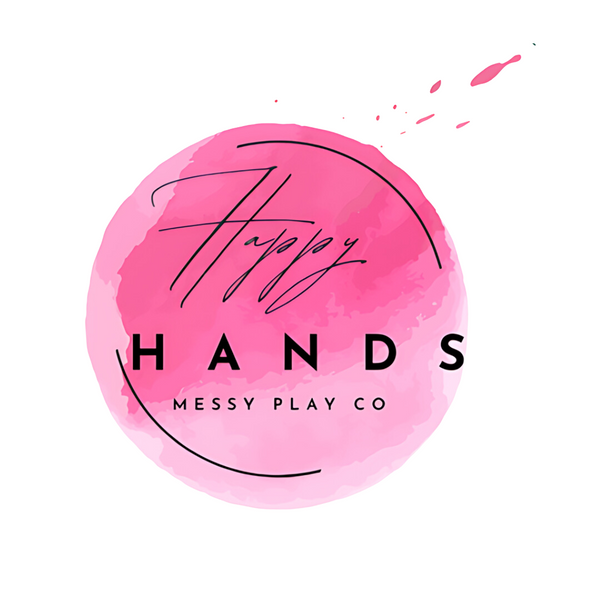
Why I Stopped Saying "Be Careful" (and What I Say Instead)
Share
Why I Stopped Saying "Be Careful" (and What I Say Instead)
Have you ever caught yourself saying "be careful!" more times than you can count in a single morning?
Same. It felt automatic - the quickest way to keep my child safe. But I noticed something: my toddler would freeze and look to me for the next move. He wasn’t learning how to climb, pour, or land - he was learning to wait for me.
So I changed my language. Not to be perfect - just more useful.
Why "Be Careful" Doesn’t Land (Especially With Little Ones)
"Be careful" is too general for developing brains. Toddlers and preschoolers are still building executive function (working memory, inhibition, planning) and body awareness. If they don’t know what to change, they either stop completely or keep going as before.
For neurodivergent children (ADHD, Autism, SPD), vague warnings can also spike anxiety or create confusion. Clear, concrete cues lower overwhelm and support regulation.
Small shifts, big impact.
A Simple Coaching Frame: Notice - Name - Navigate
Keep it short and calm:
-
Notice (what you see): "Your toes are near the edge."
-
Name (the skill): "Bend knees before you jump."
-
Navigate (a choice or plan): "Lower step or my hand?"
That’s it. Specific, doable, and respectful.
Say This Instead: Short, Useful Scripts (By Situation)
Climbing, balancing, jumping
-
"Feet on the rungs; hands on top."
-
"Check your next step before you go higher."
-
"One at a time - foot, foot, stand."
-
"Ready for this height, or start one lower?"
-
"Hold the rail; move close to the ladder."
Social play and consent
-
"Check your friend’s face - do they look ready?"
-
"Ask: 'Chase or no chase?'"
-
"Hands are for gentle - say what you need."
Emotional regulation moments
-
"Your body looks fast - want a squeeze, or a sit?"
-
"It’s loud here - headphones or outside?"
-
"Deep breath first, then try again."
Pro tip: Keep phrases five words or fewer for toddlers. Add one simple step for preschoolers.
Fast Swaps You Can Use Today
-
Instead of: "Be careful!"
Try: "Check your feet." -
Instead of: "Don’t run!"
Try: "Walking feet inside." -
Instead of: "Watch it - it’s sharp!"
Try: "Fingers tucked, blade away." -
Instead of: "Slow down!"
Try: "Small steps." -
Instead of: "You’ll fall!"
Try: "Hold the rail." -
Instead of: "You’ll spill!"
Try: "Pour low; two hands." -
Instead of: "Stop messing around!"
Try: "Eyes on your job."
Common Questions - Quick Answers
What if my child ignores the prompt?
Shorten it and show it. "Two hands" plus model the grip. Repeat once, then pause and let them try.
Isn’t "be careful" faster?
At first, yes. Within days, specific scripts stick. Kids start saying them to themselves. That’s the goal - self-coaching.
What about urgent danger?
Use one stop word everyone knows (for example, "Pause!"), move them, then give the specific cue once safe.
Try This Mini Habit
Pick one phrase (for example, "Check your feet"). Use it for a week in one context, like climbing. Celebrate when you hear your child echo it back. That’s risk literacy growing.
A different kind of wrap-up
Changing how we speak isn’t about perfection - it’s about making the next moment clearer. Swap one "be careful" for one specific cue today, and watch confidence and calm grow.
✨ Messy play. Gentle guidance. Confident kids.
- Madison | Happy Hands Messy Play Co
